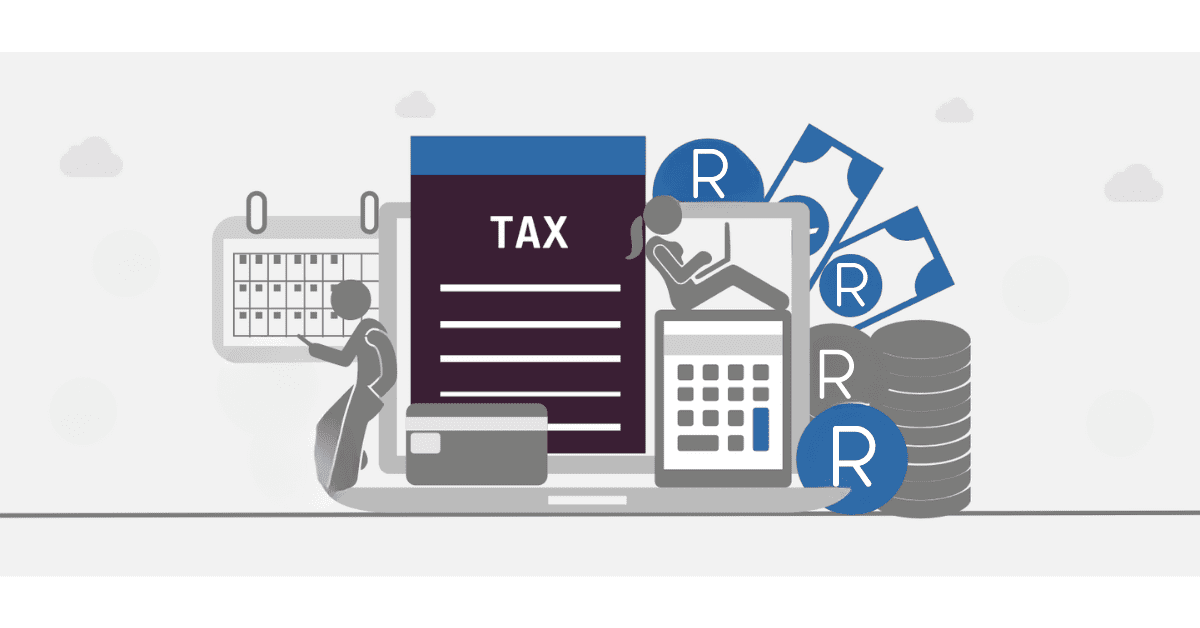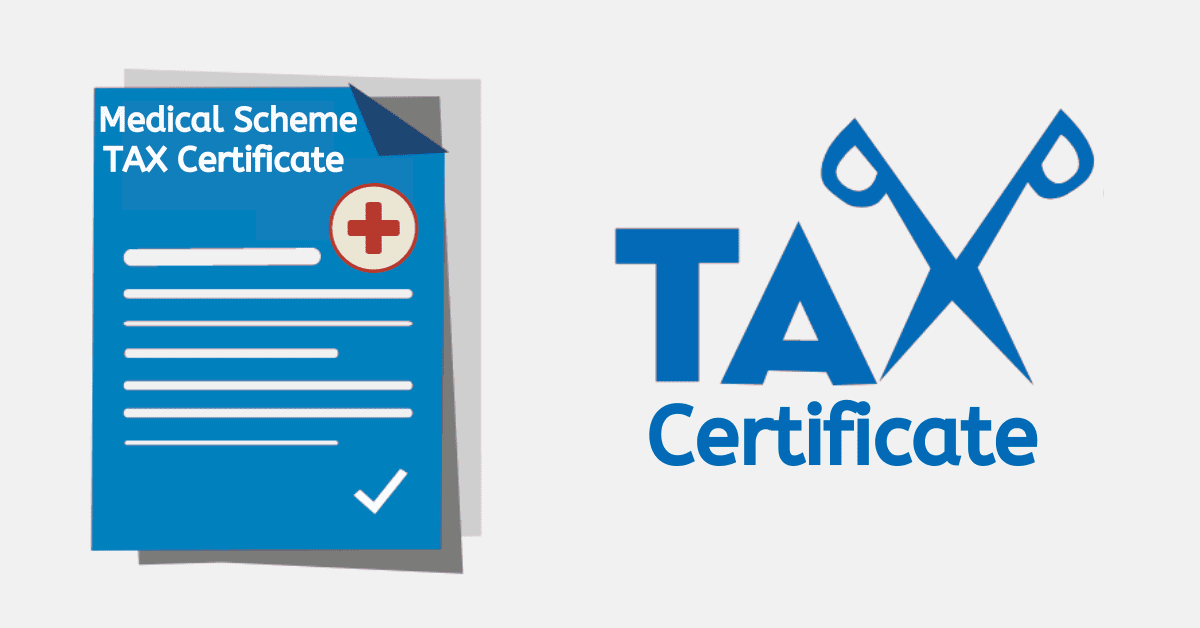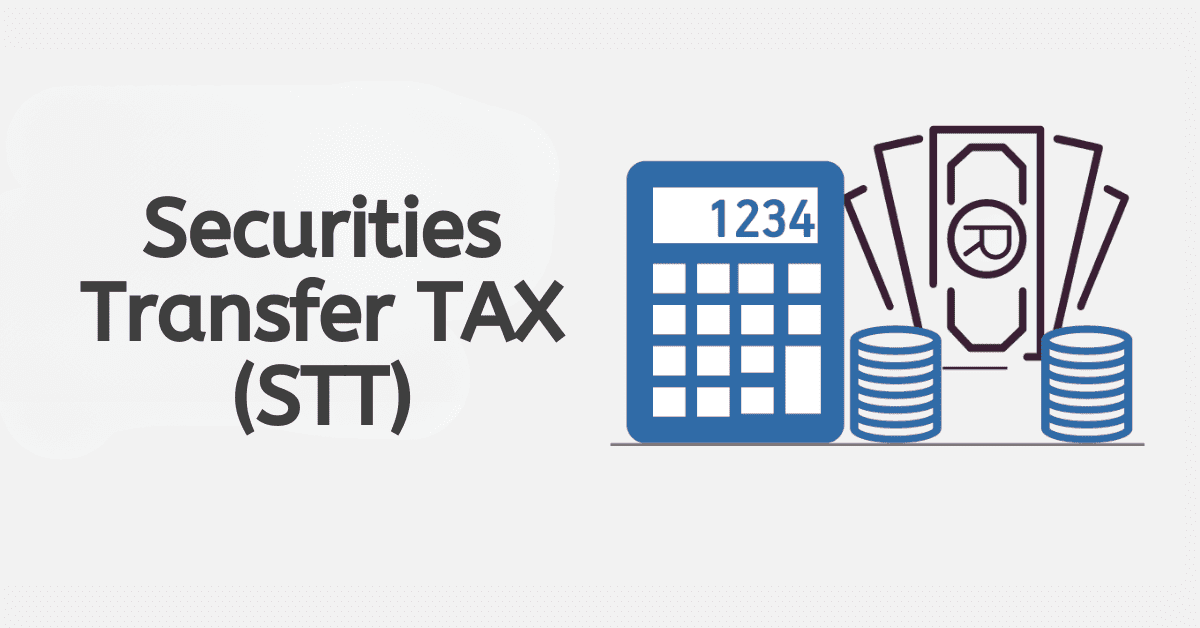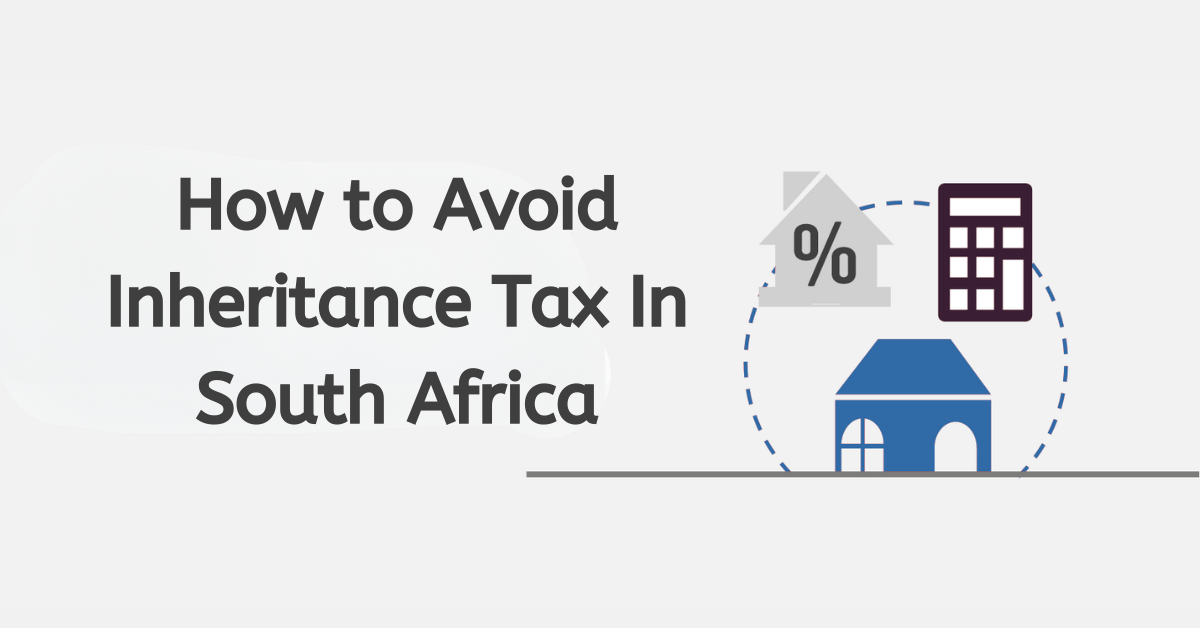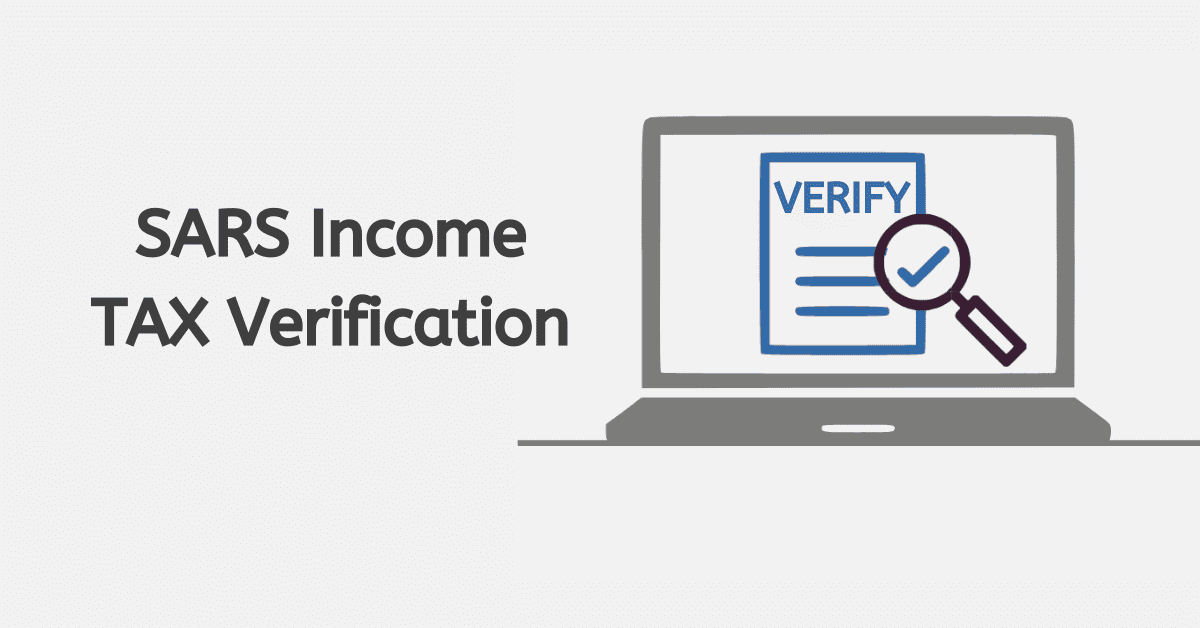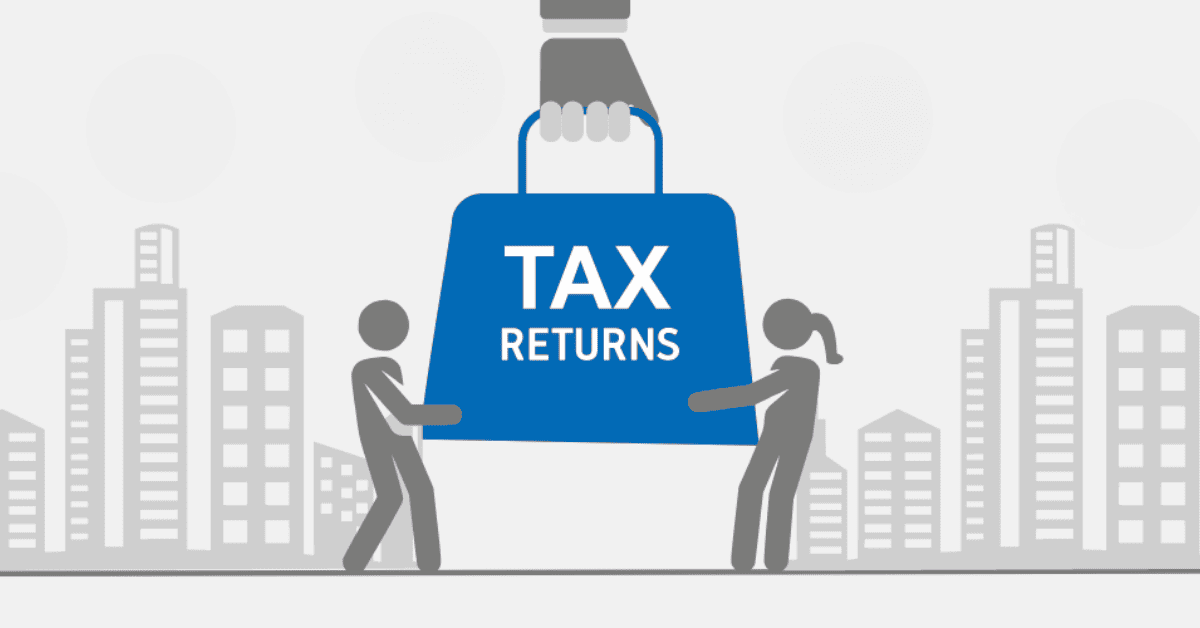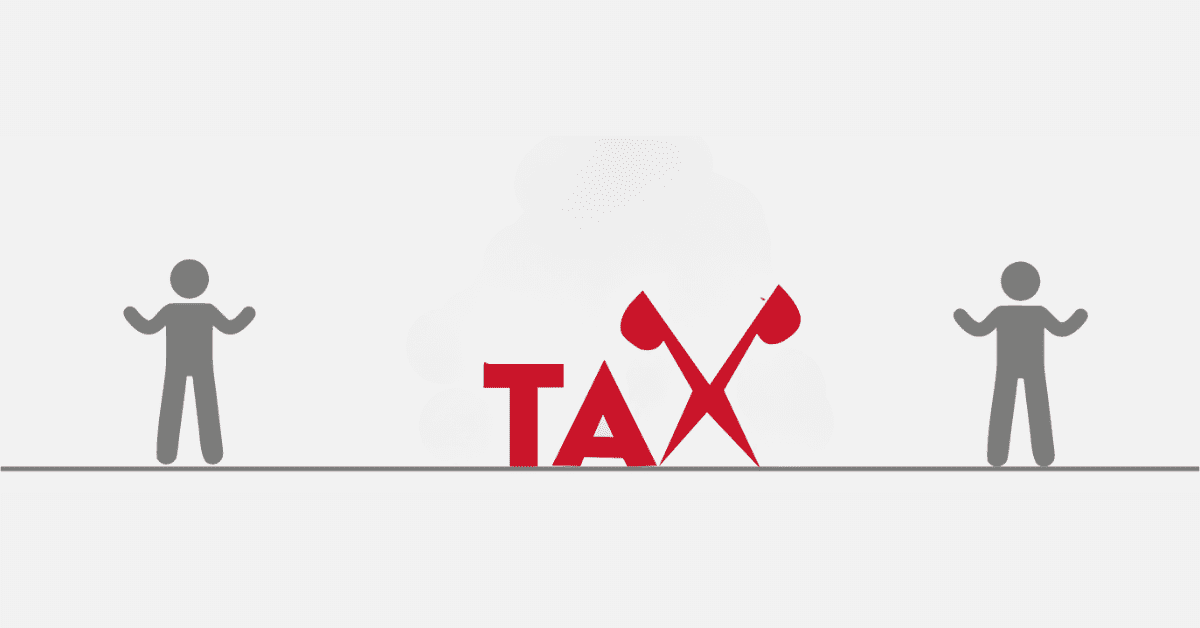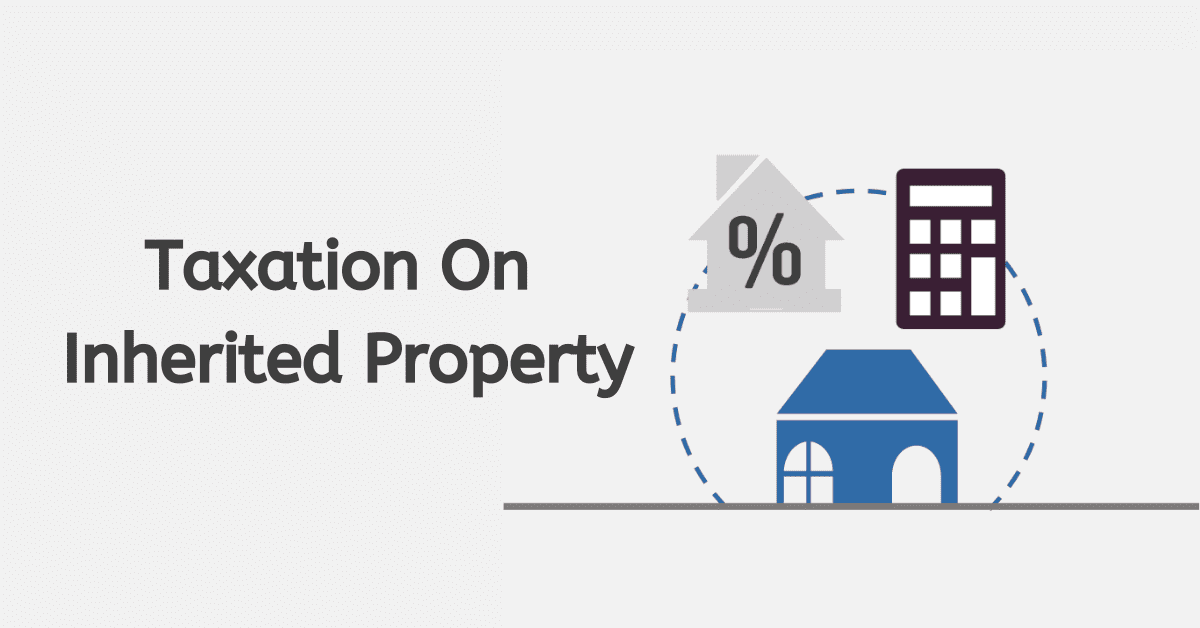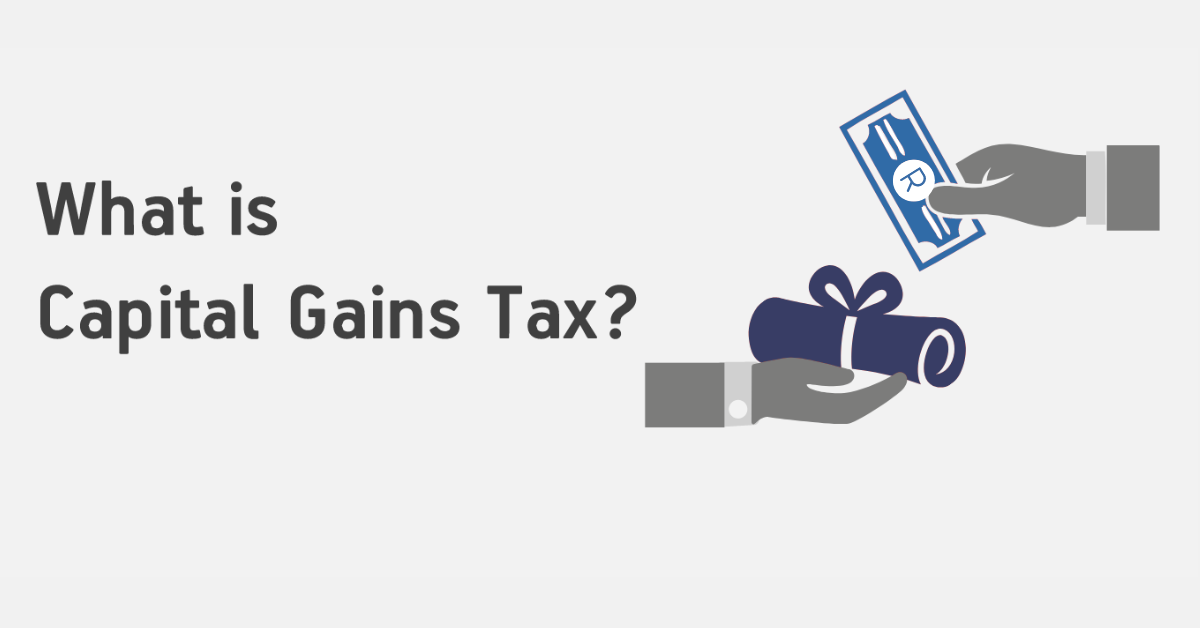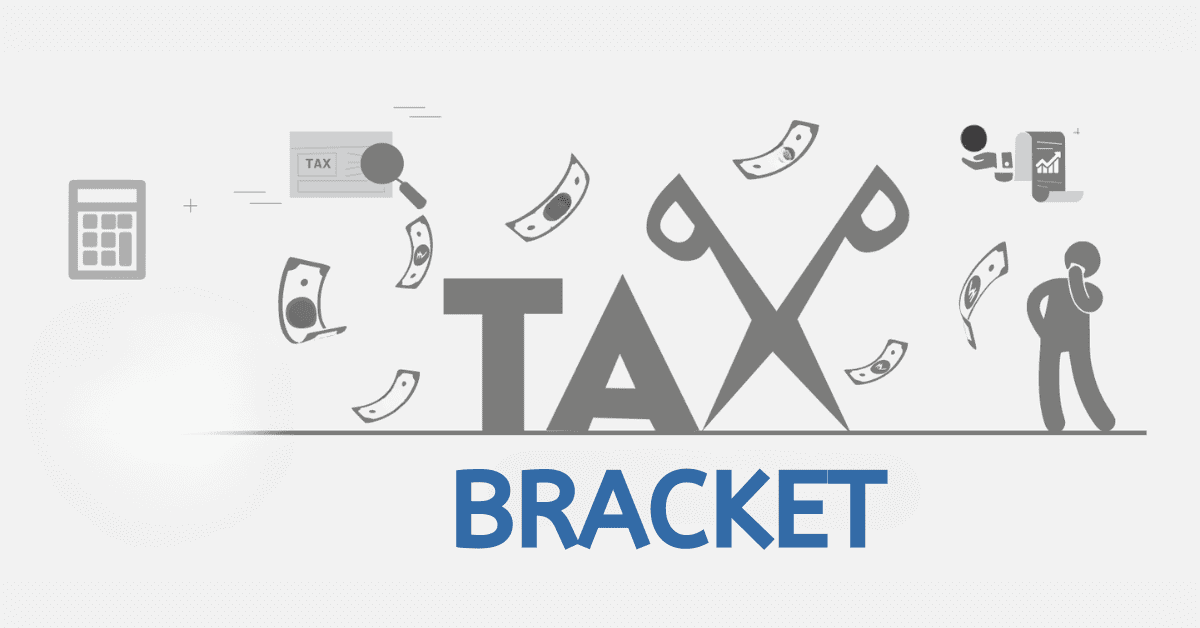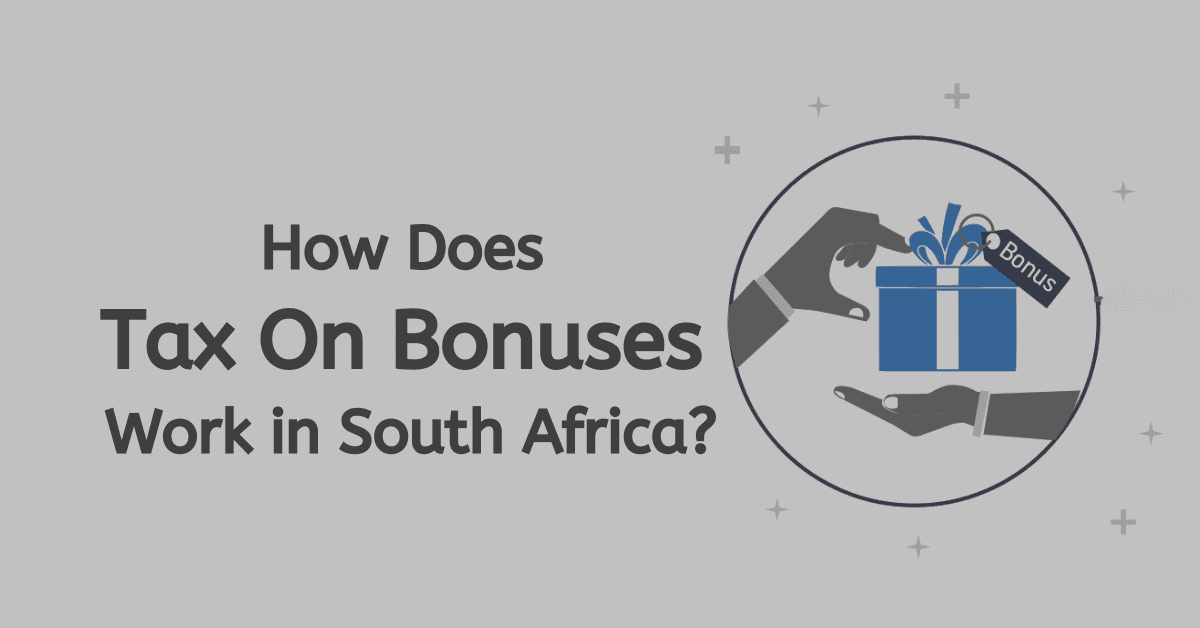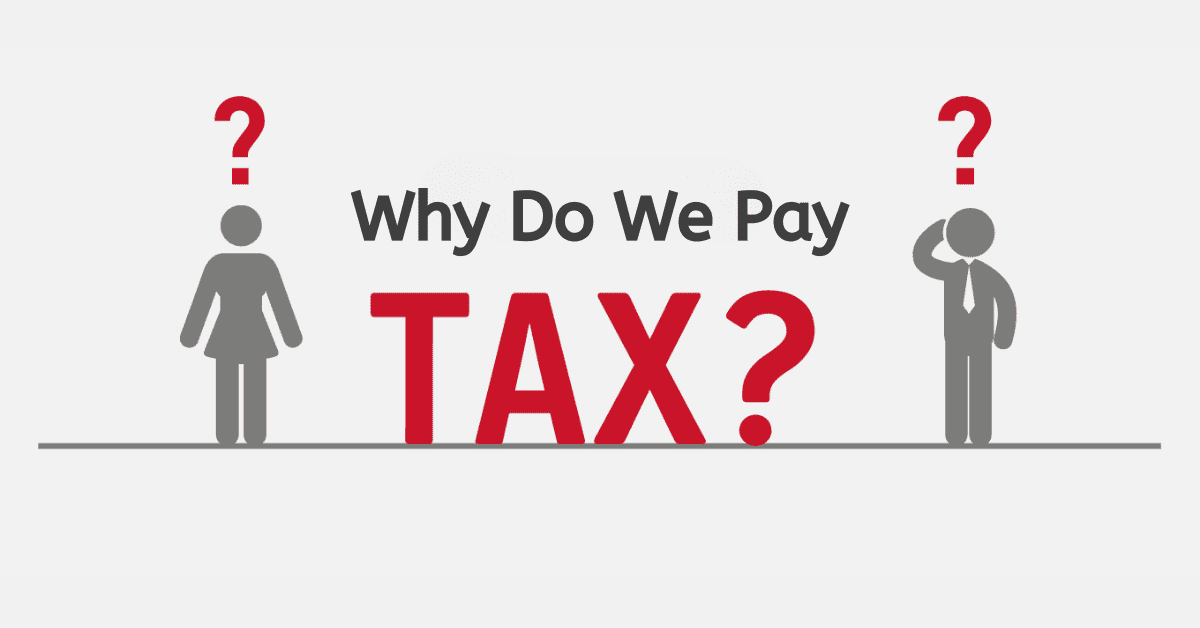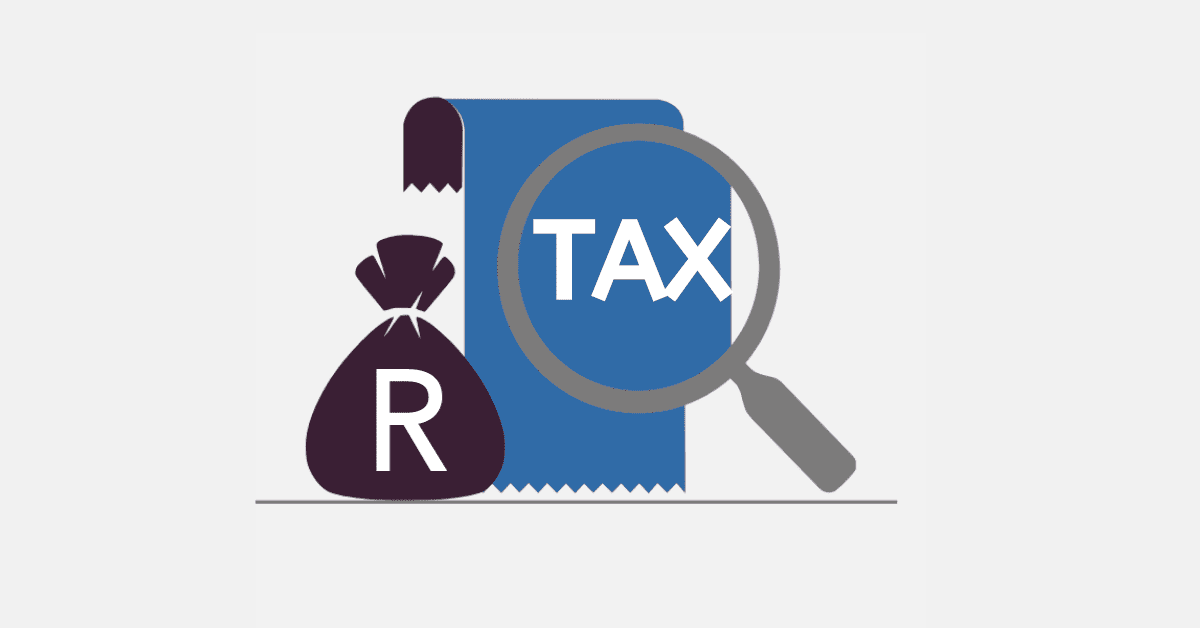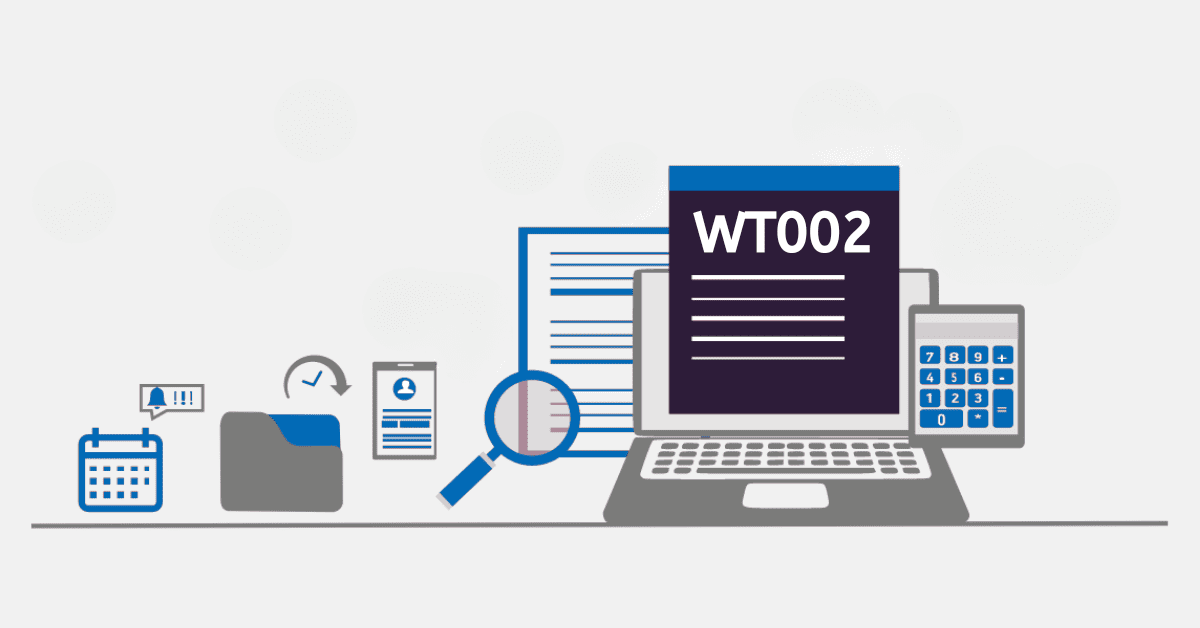If an employer gives a gratuity to a worker as a token of appreciation or goodwill, it’s typically given in connection with retirement, long service, or termination of employment. Some terms for a gratuity are golden handshakes, ex gratia payments, and severance benefits. When a retirement fund pays a member or beneficiary according to the fund’s regulations, it’s called a pension or provident fund benefit. A gratuity is not similar to any of these.
The reason for the payment, the figure of the payment, the kind of workforce, and the worker’s marital status are some aspects that dictate how gratuities are tariffed in South Africa. This writing will explain gratuity, cover the laws involving gratuities, whether or not they are taxable, how a lump sum gratuity is tariffed, and how a leave gratuity is evaluated. It will also discuss the tariff regulations controlling gratuities in South Africa.
Taxation Rules for Gratuity
In South Africa, gratuities are governed by the Income Tax Act 58 of 1962 and SARS’ Interpretation Note 14. Gratuities are included in an employee’s gross income and are subject to employee tax, which is withheld by the employer and paid to SARS. The employer must issue an IRP5 certificate reflecting the gratuity and tax deducted. Gratuities are also subject to normal tax, assessed by SARS on the employee’s taxable income. Employees must declare the gratuity and tax deducted on their annual tax return. Gratuities may qualify for a tax exemption or concession under section 10(1)(x) or the Second Schedule to the Act.
What is a gratuity payment in South Africa?
A gratuity payment is a kind gesture given by an employer to a worker, usually in the event of retirement, long service, or termination of employment. Gratuities might come in different forms than pension or provident fund payouts, which are disbursed by retirement funds. These consist of a one-time cash payout, a gift card or voucher that can be used to buy products or services up to a predetermined amount, a contribution, which could take the form of shares being transferred or debt being waived, or a gift or reward like a watch or cell phone.
Is a gratuity payment taxable in South Africa?
In South Africa, gratuity payments are taxable. They’re included in an employee’s gross income and subject to employees’ tax, which is withheld by the employer and paid to SARS. Additionally, they’re subject to normal tax, assessed by SARS on the employee’s taxable income. However, a gratuity may qualify for a tax exemption or concession under section 10(1)(x) or the Second Schedule to the Act, depending on the payment amount, employee type, and marital regime. Section 10(1)(x) offers a basic exemption of R30,000 for any gratuity received once in a lifetime. The Second Schedule provides a special tax table for lump sum benefits with lower tax rates.
What are the rules for gratuity in South Africa?
In South Africa, a gratuity is a goodwill stipend a company/employer makes to a worker, usually during employment end, retirement, or extended service. It’s taxable unless it qualifies for a tax exemption or concession under the Act. The gratuity is included in the employee’s gross income under paragraph (d) or (e) of the Act’s section 1, depending on the payment reason. It’s subject to employees’ tax, which the employer withholds and pays to SARS. Additionally, it’s subject to normal tax, assessed by SARS on the employee’s taxable income for the assessment year. Depending on the payment amount, employee type, and marital regime, a gratuity may qualify for a tax exemption or concession under section 10(1)(x) or the Act’s Second Schedule.
How is lump sum gratuity taxed?
A lump sum gratuity is a cash payment from an employer to an employee for goodwill or appreciation, usually when the employee leaves, retires, or serves long. It is taxed as follows:
- It is part of the employee’s gross income under section 1 of the Act, based on the payment reason.
- It is subject to employees’ tax under the Fourth Schedule to the Act, which the employer deducts and pays to SARS for the employee. The employer must get the tax amount from SARS before paying the gratuity and give the employee an IRP5 certificate showing the gratuity and the tax.
- It is subject to normal tax under the Act, which SARS assesses on the employee’s taxable income for the year. The employee must report the gratuity and the tax on their income tax return and pay or claim any difference after SARS’s assessment.
- It may be exempt or reduced under section 10(1)(x) or the Second Schedule to the Act, depending on the payment amount, the employee type, and the marital regime. Section 10(1)(x) gives a one-time exemption of R30 000 for any gratuity. The Second Schedule has a special tax table for lump sum benefits from a retirement fund or an employer, with lower rates than normal tax. The table for 2025 is:
| Lump Sum Benefits Taxable Income (in Rands) | Tax Rate |
| 0 – 600,000 | 18% |
| 600,001 – 1,200,000 | 27% of the amount above 600,000 |
| 1,200,001 – 1,800,000 | 162,000 + 36% of the amount above 1,200,000 |
| 1,800,001 and above | 378,000 + 45% of the amount above 1,800,000 |
How is leave gratuity calculated in South Africa?
In South Africa, a leave gratuity is a payment made by an employer to an employee for unused annual leave days at the termination of employment, retirement, or death. The total amount is calculated by multiplying the number of unused days by the value of each day, determined by the employee’s remuneration. It’s included in the employee’s gross income and is subject to employees’ tax, withheld by the employer and paid to SARS. The employer issues an IRP5 certificate reflecting the leave gratuity and tax deducted. It’s also subject to normal tax, assessed by SARS on the employee’s taxable income. A leave gratuity may qualify for a tax exemption or concession under section 10(1)(x) or the Second Schedule to the Act.
